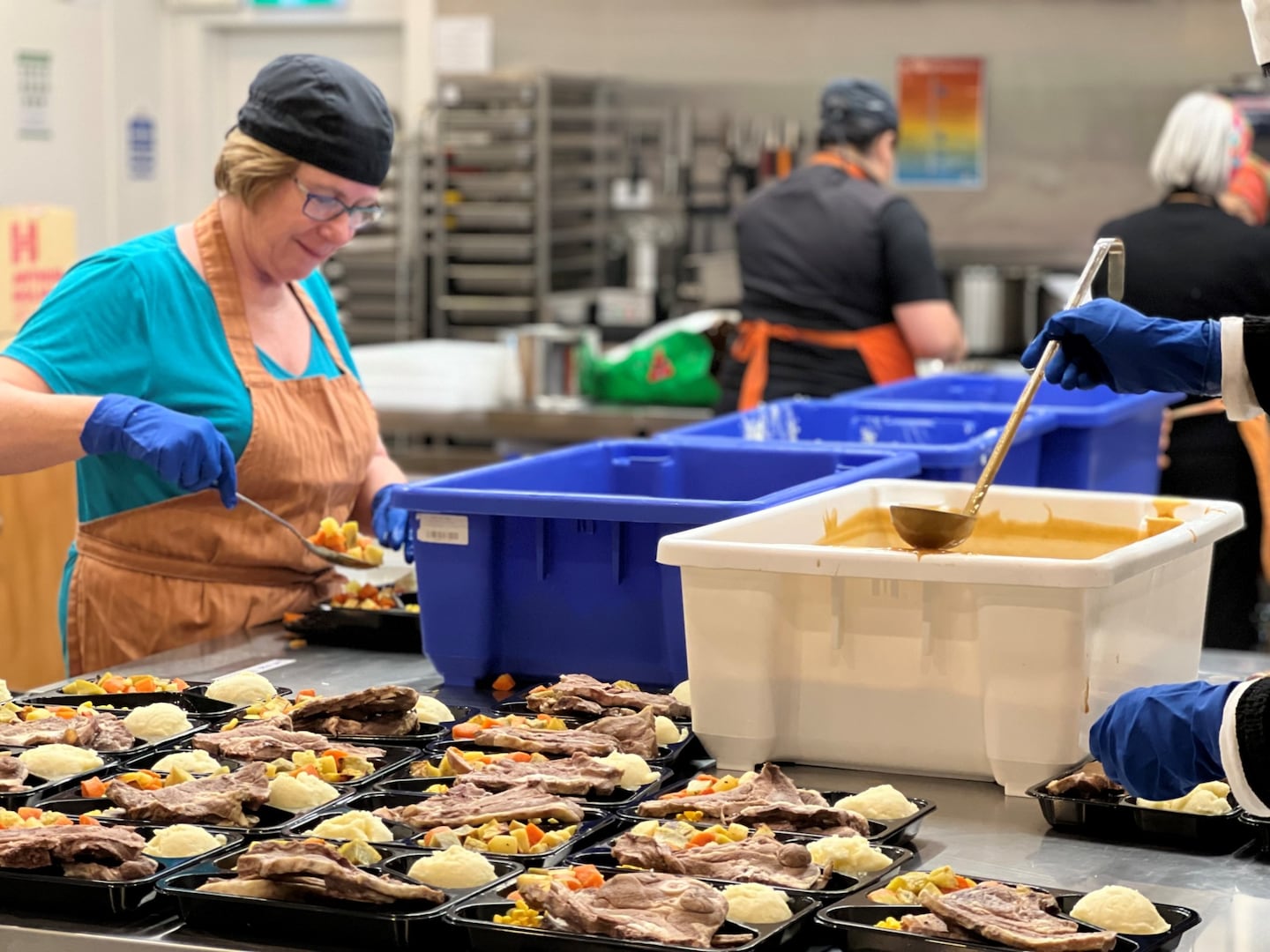The tireless efforts of kaupapa Māori and community-based organisations have not been enough to stem the rising tide of food insecurity in Aotearoa, according to a new survey.
Food hubs are now able to support 30 percent fewer whānau than a year ago, with the New Zealand Food Network’s (NZFN) latest Food Security Snapshot showing food hubs are only able to meet 60 percent of their communities’ needs, as economic challenges and underfunding take their toll.
The study focuses on the January-June period of 2024.
Among the food hubs noticing the impact is Te Runanga O Nga Maata Waka.
Chief executive Linda Ngata says: “We are having to fund the basic household items ourselves; butter, eggs, toilet paper, cleaning products.”
Just yesterday, Dave Letele announced the closure of his South Auckland foodbank, which has been providing for up to 1000 families a week.
Siuation ‘dire’
NZFN chief executive Gavin Findlay commends the mahi of these grassroots organisations but warns that the situation remains dire.
“While it’s still an admirable feat that these community organisations are able to service hundreds of thousands of Kiwis facing food insecurity, the reality is that the demand is still high.”
Māori-led food initiatives are central to the struggle, with organisations like Huntly Food Rescue Remedy (Huntly Community Advice Trust and Social Services) battling to provide kai for their local whānau.
“We struggle to provide meat, fruit, and veggies; we are now having to fundraise, increasing our volunteers’ workload even more. We have had to decline repeat recipients,” operations manager Tania Varnham says.
NZFN says the growing demand is largely driven by skyrocketing living costs, with 90 percent of food hubs reporting it as the top reason whānau seek assistance.
A third of the survey respondents were asking for help for the first time, showing the evolving reality of food insecurity in Aotearoa
With just a week remaining of NZFN’s “Pitch In” campaign - backed by public figures like Piri Weepu - the organisation is calling on individuals and businesses to rally behind whānau in need before the campaign ends on World Food Day (October 16).



